Search this site ...
Ghada Amer
Ghada Amer, b 1963, Egypt.
A contemporary, African-born artist who currently lives and works in NYC, she attained her MFA in painting in Nice, France. Amer is known primarily for her painted and textural thread art; thickly embroidered canvases that feature fragmented, erotic female imagery.
More recently, Ghada Amer has embraced ceramic sculpture with the same exuberant provocativeness and has explored her drawing, painting and sculptural skills. Her highly personal work is an expression of femininity and sexuality, dealing with gender issues in a direct manner.
Her abundant creativity expands to include print making, illustration, photography and performance art as well as site-specific gardens.
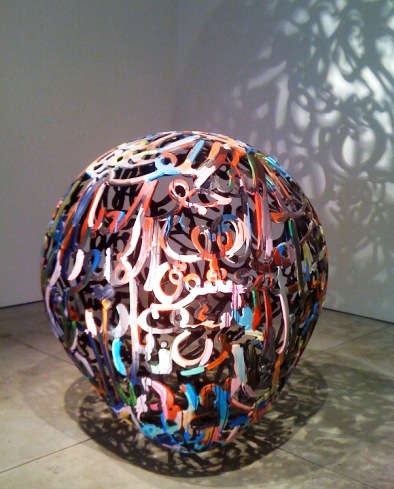 '100 words of love', epoxy resin and acylic
'100 words of love', epoxy resin and acylic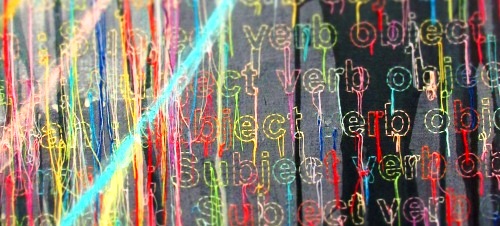 Detail, Zeitz MOCCA, 2017
Detail, Zeitz MOCCA, 2017She often entwines text into her fabric and her sculptural pieces... in both English and Arabic, merging language with form. Her series of open, metal sculptures are reminiscent of the latticed wooden screens found in traditional Arabic architecture.... allowing one to see without being seen.
During her residency at Greenwich House, she turned her endeavors to producing work in clay. Firstly creating ceramic wall paintings using liquefied, color pigmented clay, then moving on to free standing, floor sculptured slabs that resemble her canvases stripped of their frames and fallen to the floor in folds... and finally abstracted, extruded squirts and moldings of colored text or free forms.
Amer sometimes works in collaboration with an Iranian artist, Reza Farkhondeh. In 2009 they embarked on a new form of printmaking using silkscreens and dyestuffs with solvents to create a bleeding look, an obvious contrast to the normal hard edges of silkscreen printing.
Their collection Love is a Difficult Blue looked to women and nature for inspiration.
Amer has exhibited at the Venice, Sydney and Whitney Biennales, had solo shows in New York, Montreal and Rome and her work is collected by many prestigious, world-wide private collectors and public institutions as far afield as Paris, Korea, South Africa, Israel and Abu Dhabi.
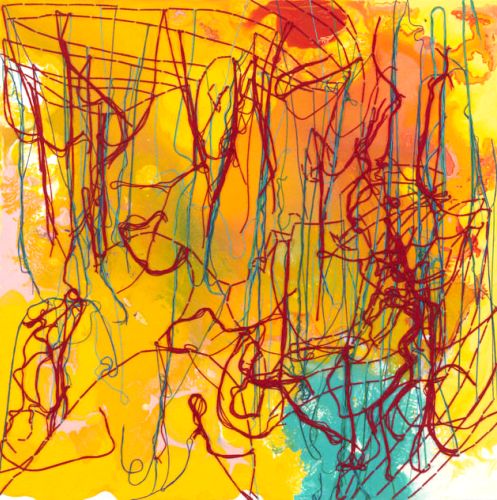
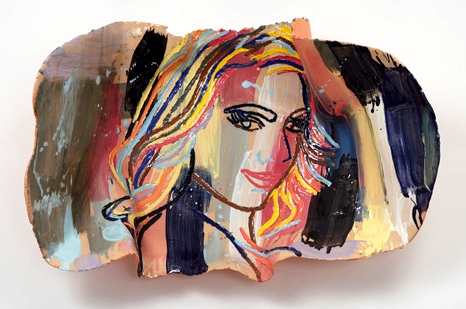
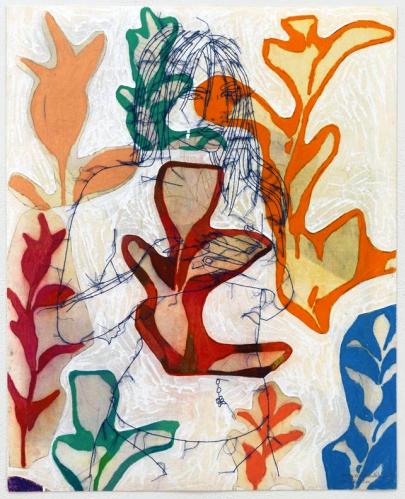
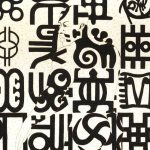
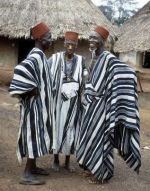
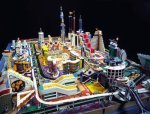
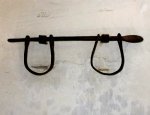
New! Comments
Have your say about what you just read! Leave me a comment in the box below.